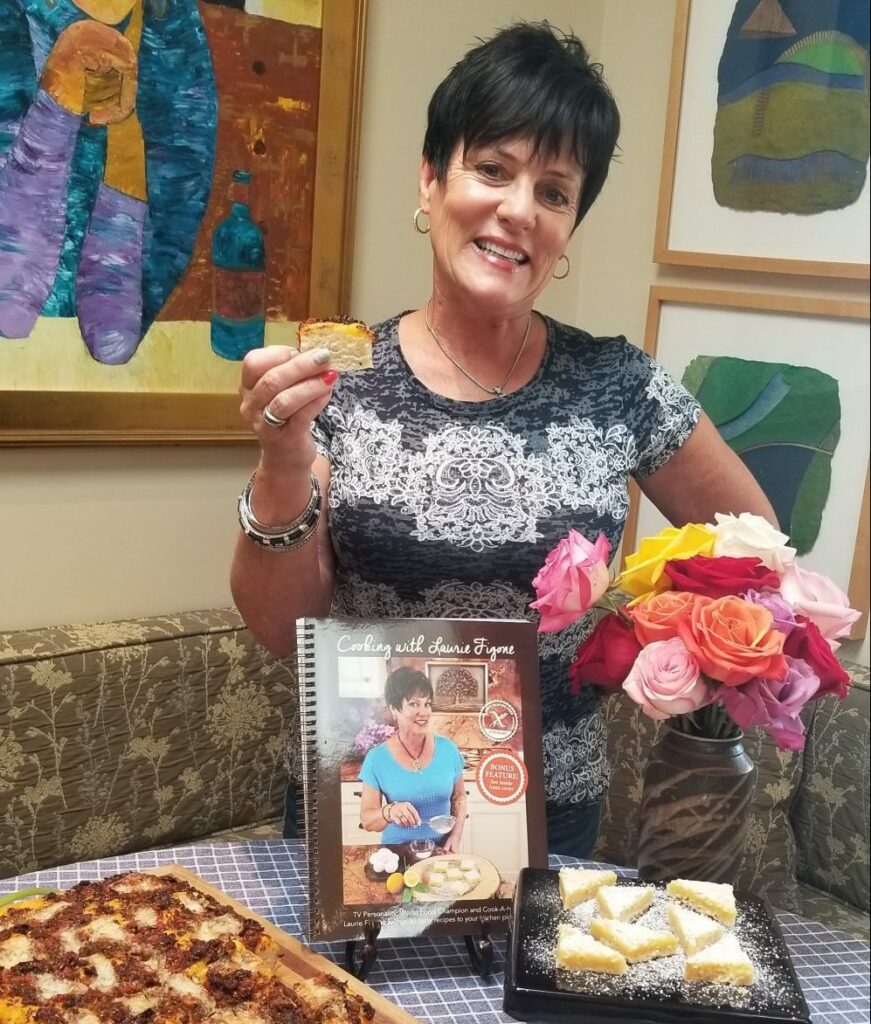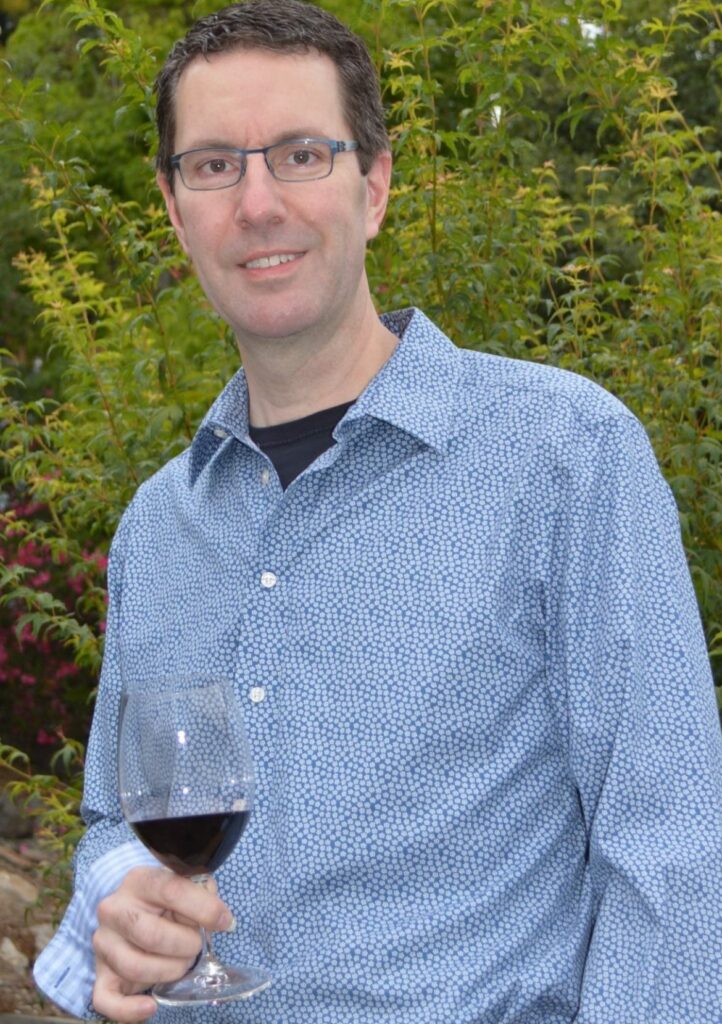Career focus: ‘How I became a local celebrity chef’

Dear Readers, Laurie Figone, a lifelong Sonoma/Marin resident has a career that’s taken her to Scotland where she won a Porridge Championship, to appearances on major TV talk shows and reality shows, to winning a cook-off show in LA. Our local Laurie has worked with: Giada, Emerill, and Ray Lampe, Dr. Barbeque. I met Laurie […]
Career focus: ‘How I became a winemaker in Sonoma County’

Dean Katzung, a Healdsburg-based winemaker says, “There’s true magic in winemaking. Each year we create something that didn’t exist before, and each harvest year is different. There’s both art and science in winemaking, and many decisions to make along the way. Winemaking is my occupation and recreation.” Dear Readers, I thought you’d find it interesting […]
You can have it all. Just not all at once.

Dear Readers, Clients often come to me with many aspirations. They want to have a challenging and satisfying career. They want to have a positive impact on the world. They want to help others, and they want to make a good income. They want to have career and life balance. They want professional growth and […]
